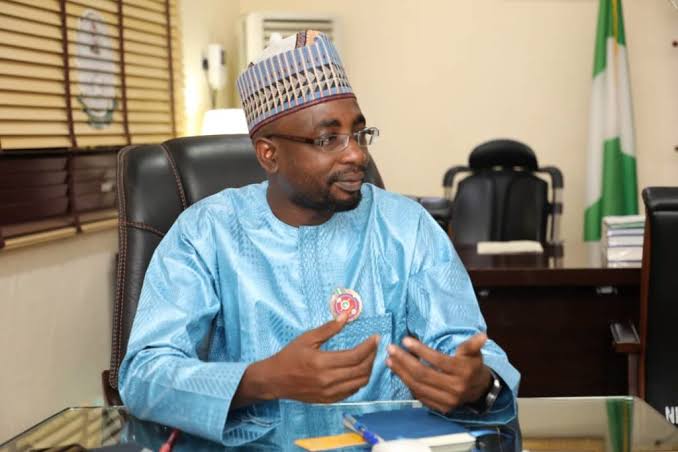AI adoption can drive 20% growth in Nigeria’s GDP, says NITDA DG

Kashifu Inuwa, director-general of the National Information Technology Development Agency (NITDA), says artificial intelligence (AI) has the potential to drive 20 percent growth in Nigeria’s gross domestic product (GDP) if strategically adopted.
Inuwa spoke on Wednesday at the 3rd Annual Economic Confidential Lecture in Abuja themed “Agenda for a Digital Global Economy”.
“Artificial intelligence is no longer optional but essential,” he said. “Those who fail to upskill will be replaced. AI can free up 20 percent of time for higher productivity. Nations leading in AI will lead the world.”
The NITDA boss said President Bola Tinubu’s Renewed Hope Agenda, which targets a $1 trillion economy by 2030, is achievable if technology is effectively harnessed. He noted that Nigeria cannot afford to miss the Fourth Industrial Revolution after losing out on the first three.
Inuwa said the agency is collaborating with the ministry of education to embed digital literacy in the national curriculum from primary school and with the office of the head of service to upgrade training in the civil service.
“Market women can now connect with customers through mobile tech. But as we connect, we must also protect, and cyber security is a critical pillar,” he added.
Tinubu’s Economic Commitment
Tope Fasua, special adviser to the president on economy, represented by Aremu Olayinka Elijah, reaffirmed the administration’s commitment to recalibrating the economy.
He said rebased economic data shows measurable progress, adding that Nigeria is shifting from traditional models to a technology-driven future.
“The service sector is proving to be a tremendous equaliser in the new economy,” Fasua said.
Policy, Books And Warnings
The lecture also featured the launch of three books: Renewed Hope in Central Banking by Rahman Oladosu, Healing Nigeria: Chronicle of Health Reforms by Lawal Mamman and Maimuna Aliyu, and Diplomacy and Digital Innovation: Youth Insight by Fatimah Usman.
Yushau Shuaib, chief executive officer of Economic Confidential, organiser of the lecture, described the works as critical tools for evidence-based policy and decision-making.
On his part, Afolabi Olujuwon, who represented the president of the Nigerian Institute of Public Relations (NIPR), said Nigeria must go beyond adoption.
“Nations that fail to embrace the digital revolution will be left behind. Nigeria must not only adopt technology — we must become exporters of it,” he said.








